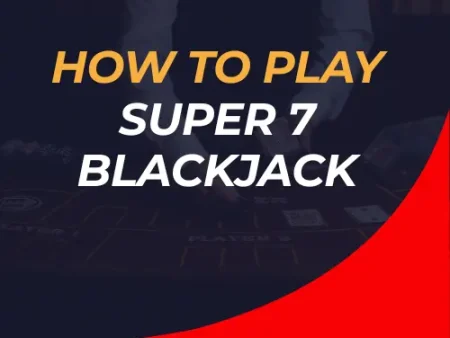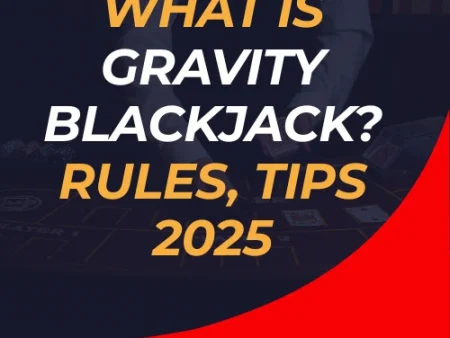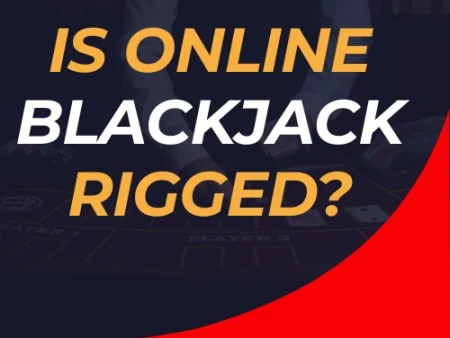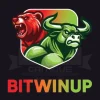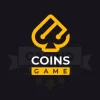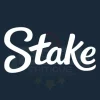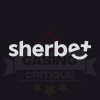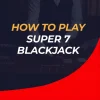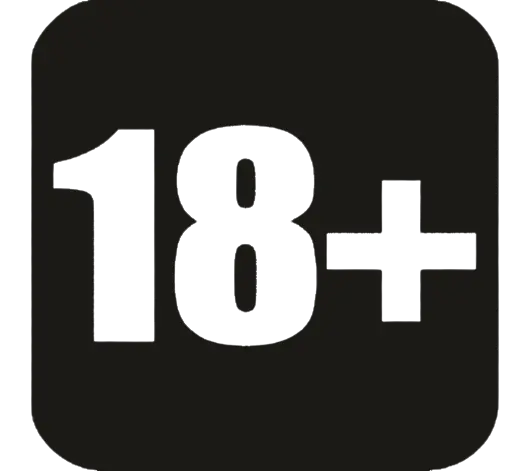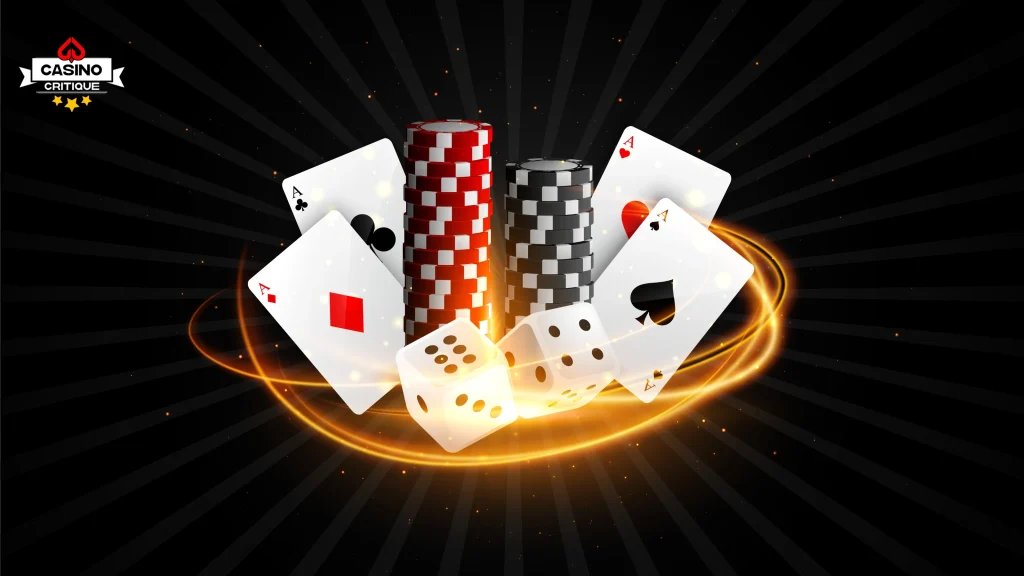
What Does Monkey Mean in Blackjack? If you’ve ever sat at a blackjack table and heard someone shout “Monkey!” in the heat of the game, you might’ve wondered what it means—and no, it’s not about actual monkeys! In blackjack, “monkey” is a colorful piece of casino slang used to describe any 10-value card—be it a 10, Jack, Queen, or King. These cards are game-changers, often turning the tide by forming a winning blackjack (21 points) or pushing the dealer to bust. Rooted in casino culture, possibly from Asian gambling traditions, this term adds a fun, lively vibe to the table. This article dives into the meaning, origins, and usage of “monkey,” along with other essential blackjack slang, to help you master the lingo and elevate your game, whether you’re playing at a bustling casino or online.
Table of Contents
Where Did the Term “Monkey” Come From?
The origin of “monkey” in blackjack is debated, with no definitive answer, but several theories point to its roots in Asian gambling culture. One popular explanation suggests that the term evolved from the word “monarchy.” Face cards—Kings, Queens, and Jacks—represent royalty, and Asian players, particularly those speaking Cantonese or Mandarin, may have mispronounced “monarchy” as “monkey” due to linguistic nuances. Over time, this mispronunciation caught on in casinos, especially in regions like Macau or among Asian players in American casinos.
Another theory proposes that “monkey” derives from the word “money,” as players hope these high-value cards lead to winning payouts. Some also speculate it originated in baccarat, where face cards count as zero, and players might have called them “monkeys” playfully, a term that later crossed over to blackjack. Regardless of its exact origin, “monkey” has become a widely recognized term in blackjack, enhancing the game with a fun and traditional element.
Why Is a 10 or Face Card Called a “Monkey”?
The term “monkey” specifically refers to 10-value cards (10, Jack, Queen, or King) because these cards are pivotal in blackjack strategy. For example, if a player holds an Ace (valued at 11 points), drawing a “monkey” results in an instant blackjack, securing a win unless the dealer matches it.
Similarly, when a player has a hand totaling 11, a 10-value card brings them to 21, the ideal score. The term’s playful nature likely stems from its cultural origins, where the sound or symbolism of “monkey” resonated with players, making it a catchy way to cheer for these game-changing cards.
When and Why Do Players Use the Term “Monkey”?
Players typically shout “monkey” in moments of high anticipation, such as when they’re dealt an Ace and hope for a 10-value card to complete a blackjack, or when doubling down on a hand like 11, needing a 10 to hit 21. It’s also common when the dealer shows a “bust card” (like a 5 or 6), and players hope the dealer’s hidden card is a 10-value “monkey,” increasing the chance of the dealer busting (exceeding 21).
The term is a ritualistic expression of hope and excitement, often used to break tension and foster camaraderie among players. It’s particularly prevalent in land-based casinos with vibrant, social atmospheres, though less common in online settings unless playing live dealer games.
Should You Use the Word “Monkey” in a Casino?
Using “monkey” at a blackjack table can add to the fun and help you blend into the casino’s lively culture, but it’s not without considerations. In some regions, like the UK or Australia, “monkey” may refer to a £500 or $500 bet, which could cause confusion.
Additionally, while the term is generally harmless, some players caution against its use due to historical misinterpretations that tied it to racial slurs in certain contexts, though this is not its intended meaning in blackjack. To avoid misunderstandings, assess the table’s vibe and cultural context.
If the environment is lively and players are already using the term, joining in can enhance the experience. However, in quieter or more formal settings, it’s best to stick to standard game terms like “hit” or “stand” to maintain respect and clarity.
Other Common Blackjack Slang You Should Know
Blackjack is rich with colorful jargon that adds flavor to the game. Here are some key terms to know:
- Natural: A blackjack hand (Ace + 10-value card) dealt in the first two cards, paying 3:2 in most games.
- Bust: When a player or dealer’s hand exceeds 21, resulting in an automatic loss.
- Hard Hand: an Ace-free hand or one in which the Ace counts as 1 to prevent busting (10 + 7 = hard 17).
- Soft Hand: Ace + 6 = soft 17 is an example of a hand featuring an Ace that counts as 11.
- Push: When the dealer’s and player’s hand values are equal, there is a tie and the wager is returned.
- Double Down: Frequently utilized with strong hands like 11, this strategy doubles the initial wager in return for one more card.
- Split: splitting a pair into two distinct hands, each of which needs a wager equivalent to the first.
You can interact with other players and move about the table with confidence if you are familiar with these words.
How to Practice: Play Blackjack Online or In-Person
To master blackjack lingo like “monkey” and improve your gameplay, practice is key. In-person play at casinos like Blue Lake Casino Hotel offers an immersive experience where you can hear and use terms like “monkey” in a lively setting with friendly dealers. This hands-on environment helps you learn the game’s rhythm and social dynamics.
Alternatively, online blackjack platforms, such as those offered by King Casino or Las Atlantis Casino, provide a convenient way to practice.
Online games range from classic versions to live dealer options, where you can interact with real dealers and test your knowledge of slang in a virtual setting. Start with free or low-stakes games to build confidence before joining high-limit tables or shouting “monkey” at a bustling casino.
FAQ: “Monkey” and Blackjack Lingo
What does “monkey” mean in blackjack?
In blackjack, “monkey” is slang for any 10-value card (10, Jack, Queen, or King). Players use it to cheer for these cards, which are crucial for strong hands like a natural blackjack (21 points) when paired with an Ace.
Why is a 10 or face card called a “monkey”?
The term likely originated from Asian gambling culture, possibly as a mispronunciation of “monarchy” (referring to royal face cards) or linked to “money” for its winning potential. Its exact roots are unclear but tied to casino traditions.
Where did the term “monkey” come from?
Theories suggest it emerged from Asian players in casinos, possibly from mispronouncing “monarchy” or as a playful term from baccarat for zero-value face cards. It became popular in blackjack, especially in vibrant casino settings.
When do players use “monkey” at the blackjack table?
Players shout “monkey” when hoping for a 10-value card, like after being dealt an Ace, doubling down on 11, or when the dealer shows a bust card (e.g., 5 or 6), wishing for a 10 to make the dealer bust.
Is it okay to say “monkey” in a casino?
Using “monkey” can be fun in a lively casino atmosphere, but be cautious. In some regions (e.g., UK or Australia), it may mean a $500 bet, causing confusion. Assess the table’s vibe and avoid it in formal or sensitive settings.
What are other common blackjack terms I should know?
Key terms include:
Natural: An Ace + 10-value card dealt initially (21 points).
Bust: Going over 21, resulting in a loss.
Hard Hand: A hand without an Ace or with Ace as 1 (e.g., 10 + 7).
Soft Hand: A hand with Ace as 11 (e.g., Ace + 6).
Push: A tie between player and dealer.
Double Down: Doubling your bet for one more card.
Split: Dividing a pair into two hands with equal bets.
How can I practice blackjack and learn slang like “monkey”?
Practice in-person at casinos like Blue Lake Casino Hotel to experience slang in action, or play online at platforms like King Casino or Las Atlantis Casino. Start with free or low-stakes games, including live dealer options, to build confidence.
Does “monkey” have any negative connotations?
In blackjack, “monkey” is generally harmless, but some avoid it due to historical misinterpretations linking it to racial slurs, though this isn’t its intended meaning. Check the table’s cultural context before using it.
Is “monkey” used in online blackjack?
It’s less common online unless playing live dealer games, where players and dealers interact. In virtual games, you might see it in chat or hear it in live settings, but it’s more prevalent in land-based casinos.
How does knowing blackjack slang improve my game?
Learning terms like “monkey” helps you understand table dynamics, communicate effectively, and feel part of the casino culture. It also boosts confidence, letting you focus on strategy while enjoying the game’s social vibe.
Summary: Mastering Blackjack Lingo
Understanding blackjack slang like “monkey” adds excitement and camaraderie to the game, whether you’re playing at a lively casino table or online. The term, referring to any 10-value card, is a playful way to cheer for a winning hand, with roots likely in Asian gambling culture.
While its origins are debated—possibly tied to “monarchy” or “money”—its use is widespread in land-based casinos. Be mindful of the context when using “monkey,” as regional meanings or cultural sensitivities may vary.
By learning terms like “natural,” “bust,” and “double down,” and practicing through online platforms or in-person games, you’ll not only master blackjack lingo but also enhance your overall gaming experience.

